Junk Science
Scientific research plays a vital role in developing training, policies, and procedures for individuals working in the criminal justice field. The information used should be up-to-date, accurate, and fact-based, but too often training programs rely on assumptions, anecdotal information, and traditional approaches that have either been disproven or the validity of which cannot be verified.
Meanwhile, innovative research that demonstrates the failings in existing training programs is often ignored. These failings put officers and civilians at risk and increase the likelihood of innocent people being arrested and convicted for crimes they did not commit.
In 2016, the President’s Council of Advisors on Science and Technology issued their report warning of the unreliability of comparison "forensics" and the consequences of overstating the value of some tests which have led, in some cases, to false imprisonment or death. Despite the scientific evidence, the report was panned by the U.S. Department of Justice, leaving the dangerous practices in place. To read, see: "Forensic Science in Criminal Courts: Ensuring Scientific Validity of Feature-Comparison Methods." You may download below.
“THE ONLY STATEMENT I WANT TO MAKE IS THAT I AM AN INNOCENT MAN CONVICTED OF A CRIME I DID NOT COMMIT. I HAVE BEEN PERSECUTED FOR TWELVE YEARS FOR SOMETHING I DID NOT DO.”
NO ROOM FOR ERRORS
deadly science
Officers are regularly trained to respond to confrontations based on pseudoscience and unproven or discredited theories about potential dangers. For example, a 1985 magazine article by Utah Police Officer, Dennis Tueller, proposed that a person could charge and stab a police officer before the officer could un-holster a weapon and fire if an attacker was within 21 feet. Though this theory has been widely debunked, the "Tueller Drill" is widely used in training and has led to officer killings of individuals who posed no threat at all.
comparative "forensics"
For decades, forensics experts have testified as to the infallibility of comparative forensic techniques, such as fingerprint analysis, and tool and bite-mark matching. Police and prosecutors have relied on these comparisons to make arrests and charge individuals with crimes, exposing them to decades of incarceration. It is now becoming clear, however, that these methods were never sufficiently vetted before their use became widespread.
faulty drug tests
An unknown number of Americans are currently in jail after pleading guilty to drug possession charges, or are having to contend with having pled guilty, based only on a positive result from a roadside drug test. These tests can produce false positives—one notably indicated that crumbs from a donut were methamphetamines. They can also be subject to misinterpretation by the administering officer.
The 40 hour Expert
Advanced training and certifications are widely offered to police who learn complex scientific methods in a matter of hours or days, compared to years of formal education required for similar experts in other fields. Designations such as "Certified Fire & Explosion investigator," or "Blood Spatter Analyst" offer the public and police a false sense of expertise. Judges and jurors often assume that, due to the nature and complexity of these fields, training was extensive. This is incorrect.
The following is a small example of advanced classes and certifications that can be obtained with only one week of training or less:
Identification And Interpretation of Infrared Spectra From Organic Molecules
Child Abuse, Sex Exploitation Investigations
Evidence FootWear-Tire Impressions
Forensic Clothing Examination
Forensic Pathology for Investigators
Child Death Investigations
Cognitive Interview & Statement Analysis
Sexual Assault Investigations
Interview & Interrogations
Drug Recognition Expert
Death Investigations
Arson Investigations
Latent Fingerprint Comparison & Analysis




